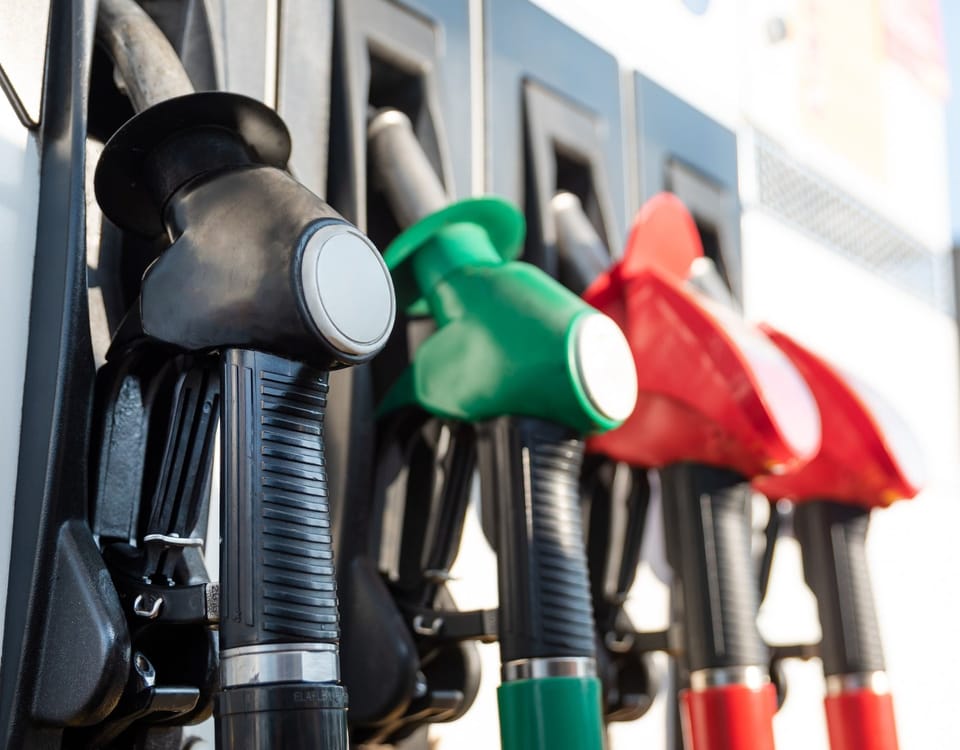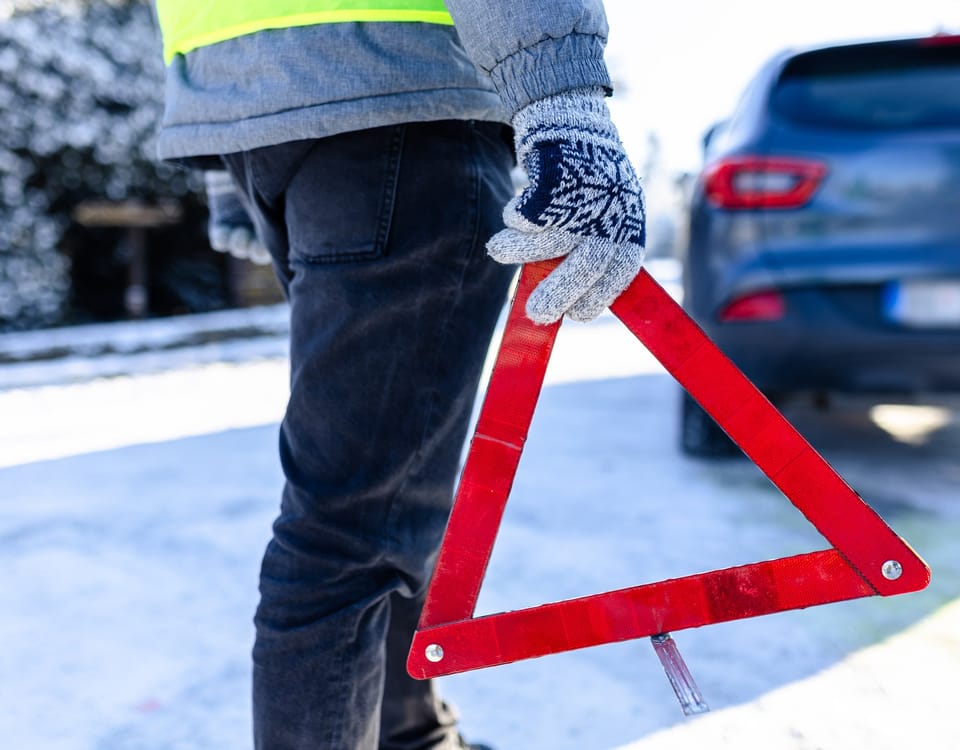
As a resident of Texas, it’s crucial to be well-prepared for the annual hurricane season. These powerful storms can bring significant devastation and pose risks to life and property. By taking proactive measures and planning ahead, you can ensure the safety of yourself, your loved ones, and your belongings. In this blog, we will outline essential steps for preparing for hurricane season in Texas, including creating an emergency kit, developing a communication plan, and staying informed about potential threats.
#1 Build an Emergency Kit:
A well-stocked emergency kit is essential for surviving the aftermath of a hurricane. Here are some items to include:
a. Non-perishable food and drinking water: Store at least a three-day supply of canned food, energy bars, and bottled water for each person in your household.
b. Medications and first aid supplies: Keep an ample supply of essential medications, along with a well-equipped first aid kit.
c. Flashlights, batteries, and candles: Have multiple flashlights with extra batteries, as well as candles and matches for emergency lighting.
d. Personal hygiene items: Pack toiletries, hand sanitizers, moist towelettes, and any other necessary personal care items.
e. Important documents: Keep copies of identification papers, insurance policies, medical records, and other crucial documents in a waterproof and portable container.
f. Cash: ATMs and electronic transactions may be unavailable during power outages, so have some cash on hand.
g. Clothing and bedding: Include a change of clothes, sturdy shoes, and extra blankets or sleeping bags.
h. Tools and supplies: Have a basic toolkit, duct tape, plastic sheeting, and a whistle for emergency signaling.
#2 Develop a Communication Plan:
Establishing a communication plan is vital to staying connected with family members and friends during a hurricane. Follow these steps:
a. Identify an out-of-state contact: Choose a relative or friend outside the hurricane-prone area who can act as a central point of contact for your family.
b. Share contact information: Ensure that all family members have the contact details for the designated out-of-state contact.
c. Utilize multiple communication methods: Discuss alternatives such as text messaging, social media, or email as means of communication in case cell networks are congested.
d. Plan for power outages: Invest in a battery-operated or hand-crank radio to stay informed about weather updates and emergency announcements.
#3 Secure Your Property:
Protecting your property is crucial when preparing for a hurricane. Take the following measures:
a. Trim trees and secure outdoor items: Trim branches that could potentially fall on your property during high winds and secure outdoor furniture, grills, and other loose objects.
b. Reinforce windows and doors: Install storm shutters or board up windows and glass doors to minimize damage from strong winds.
c. Strengthen the roof: Ensure that your roof is in good condition and reinforce it if necessary to withstand high winds.
d. Clear gutters and drains: Regularly clean gutters and drains to prevent blockages that could lead to flooding.
#4 Stay Informed and Evacuate if Necessary:
Staying informed about weather conditions and potential evacuation orders is crucial during hurricane season. Keep these points in mind:
a. Monitor local weather updates: Stay tuned to local news channels, radio broadcasts, and official weather sources for accurate and up-to-date information.
b. Know evacuation routes: Familiarize yourself with evacuation routes in your area and be ready to follow them if instructed by local authorities.
c. Follow official instructions: Adhere to evacuation orders issued by local authorities promptly and follow their guidance for a safe evacuation.
Preparing for hurricane season in Texas requires careful planning and proactive measures. By building an emergency kit, developing a communication plan, securing your property, and staying informed, you can minimize the impact of these severe storms on your life and ensure the safety of yourself and your loved ones. Remember, it’s never too early to start preparing, so take action today to be ready for whatever the hurricane season may bring.
Note: It’s always recommended to refer to local authorities, official sources, and professional companies for the most accurate and specific information related to hurricane preparedness in your area.




